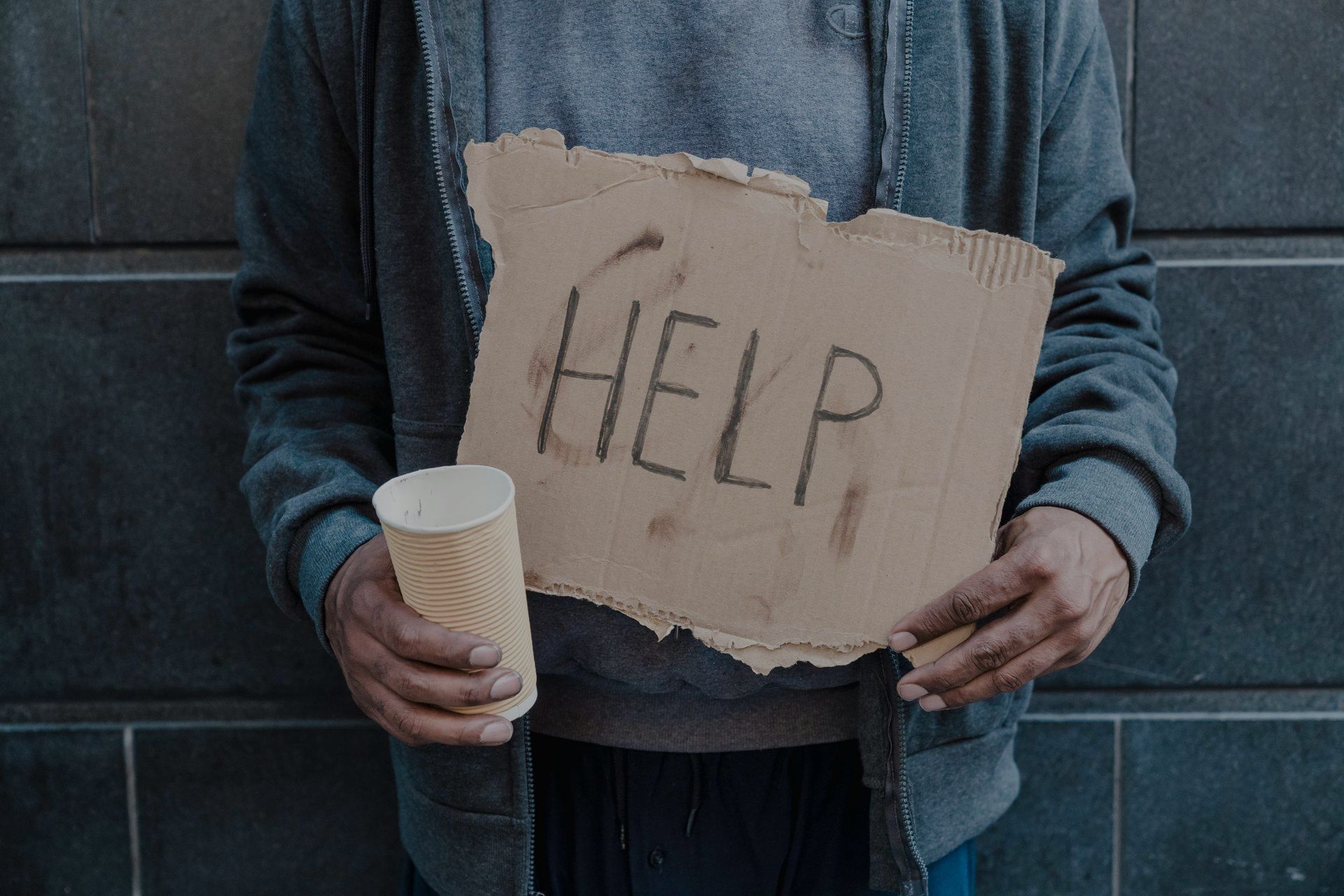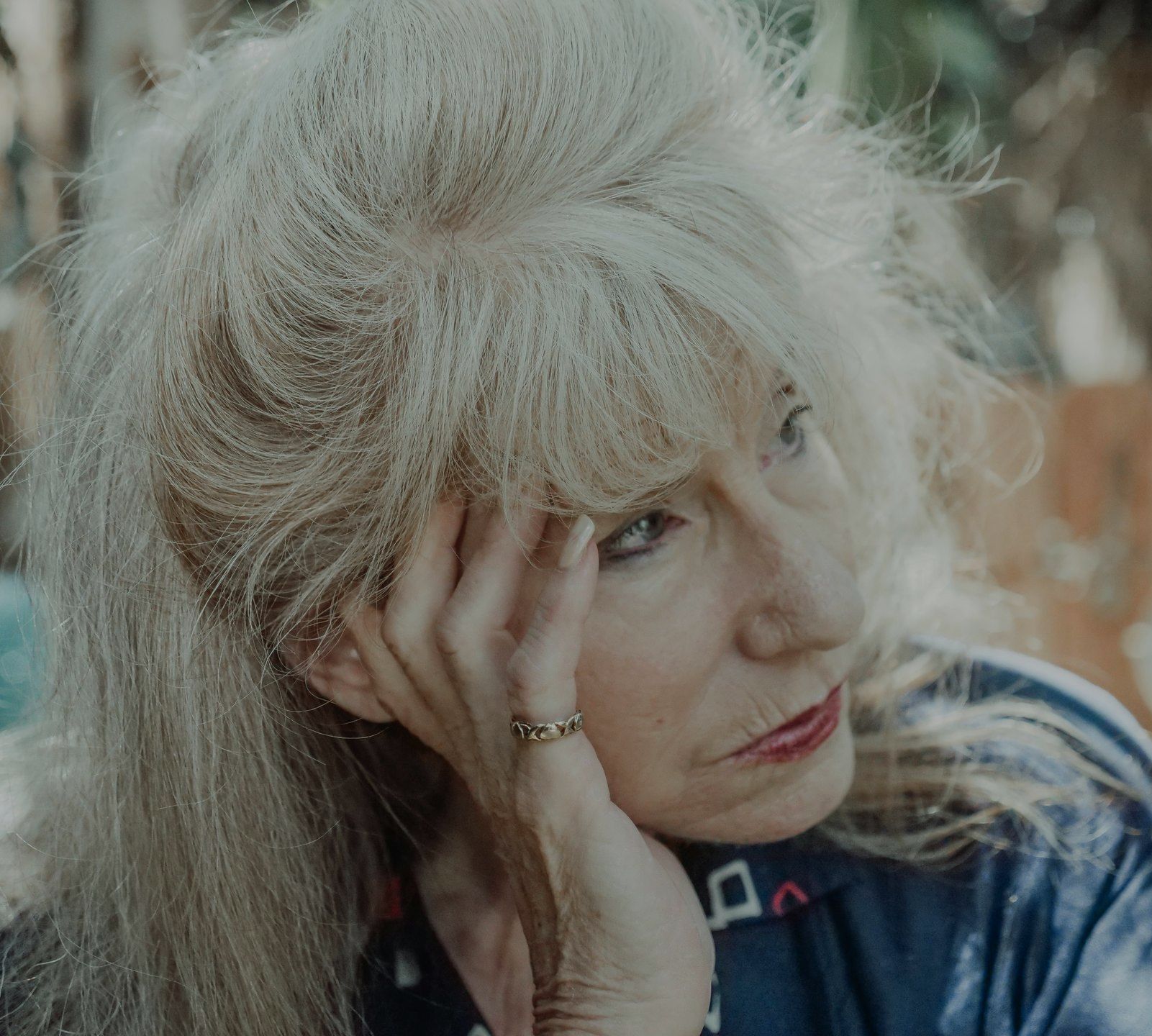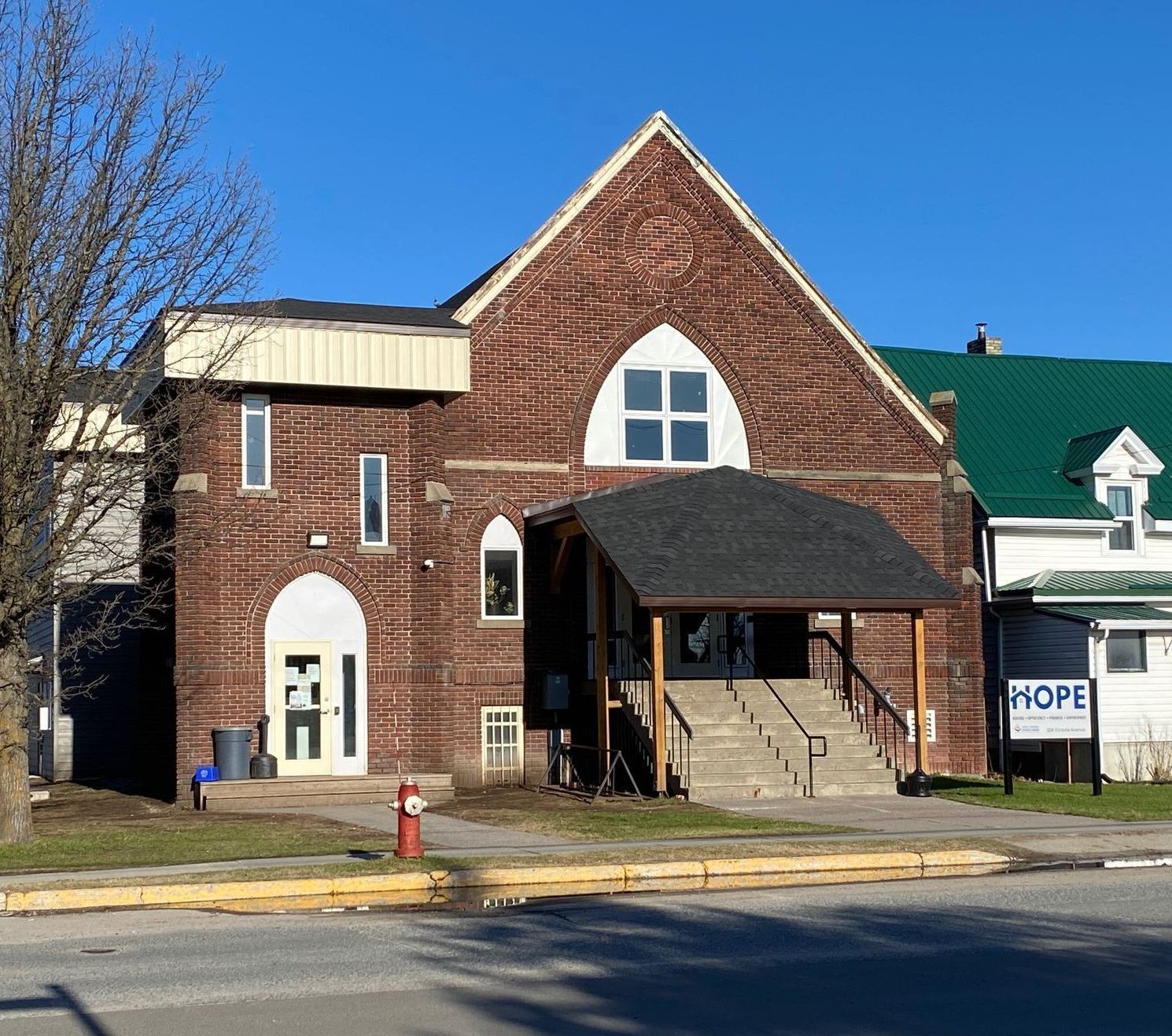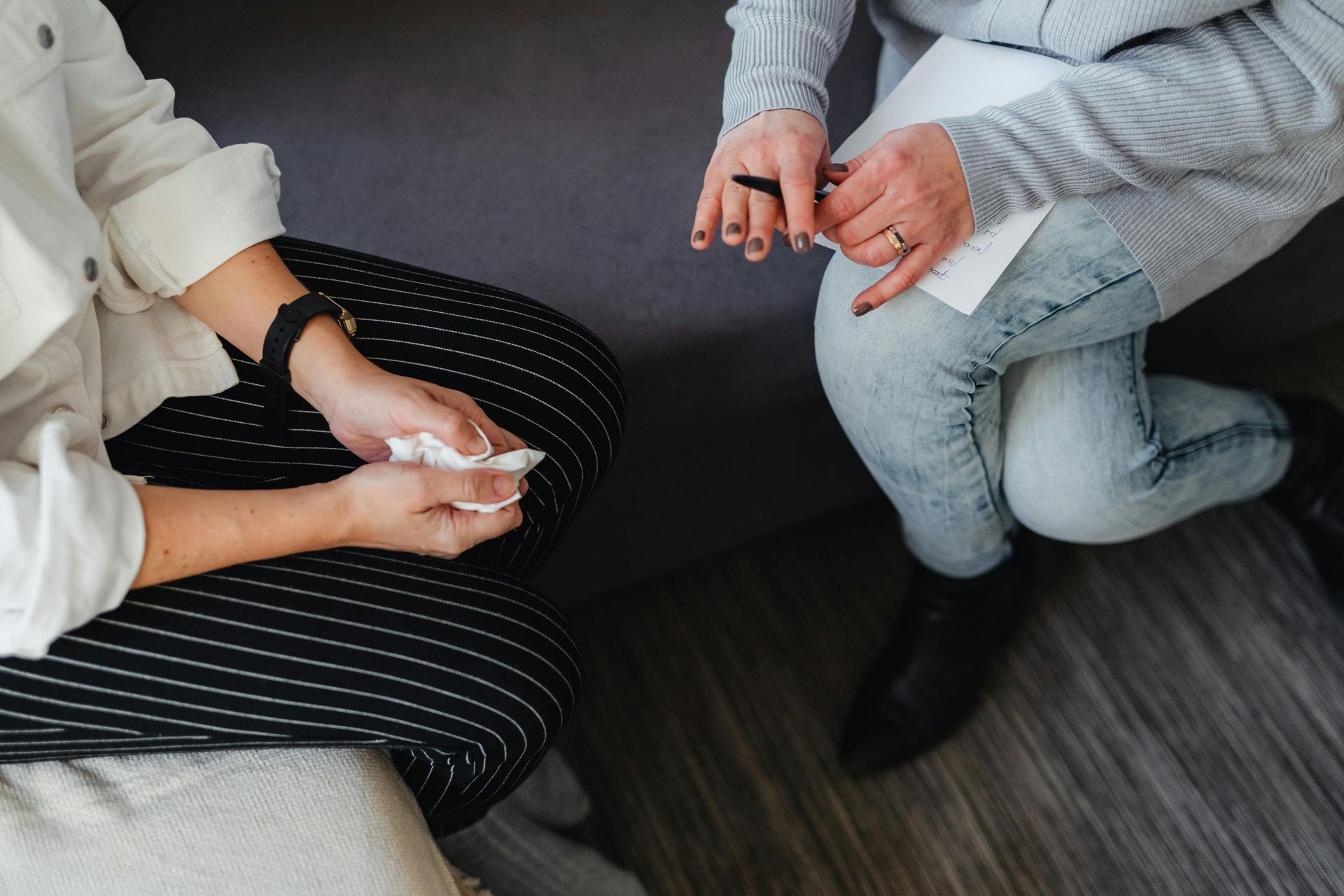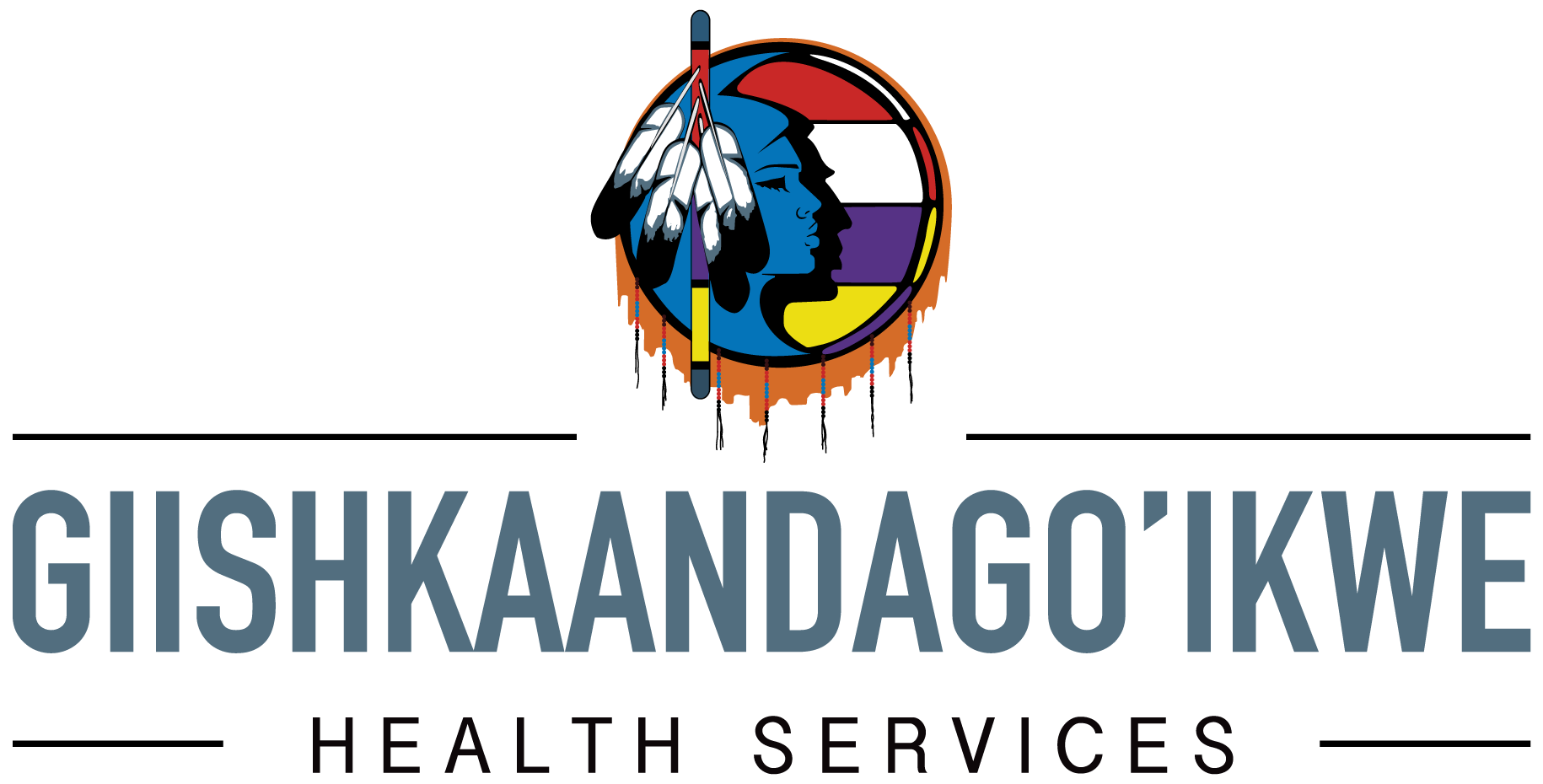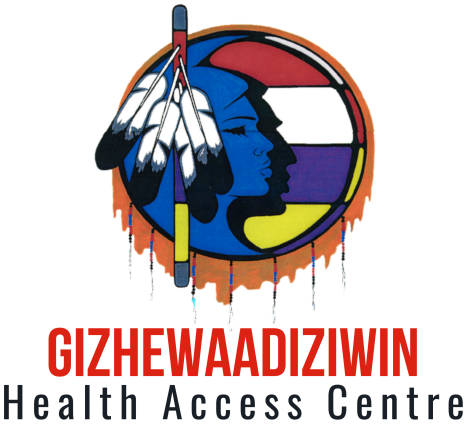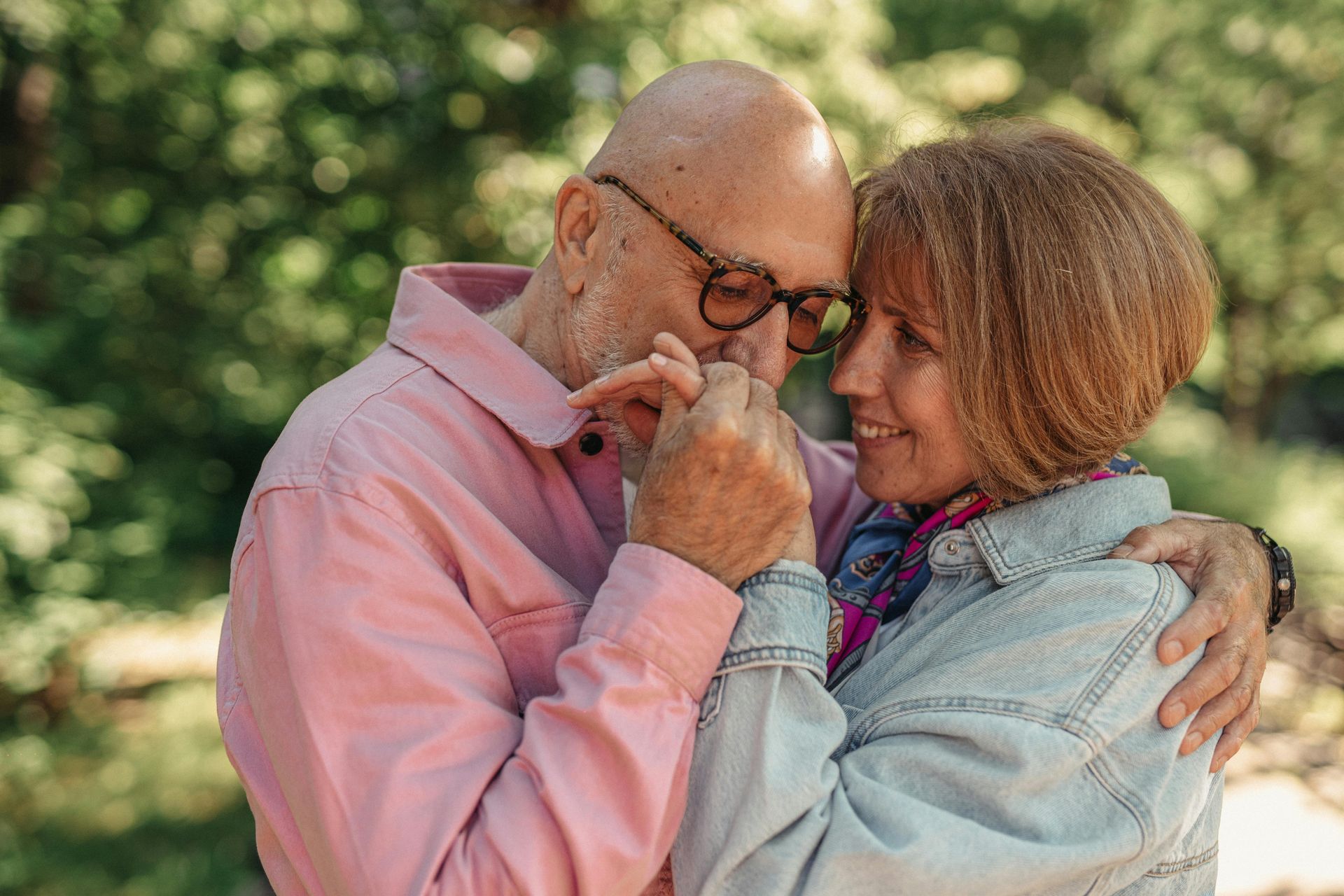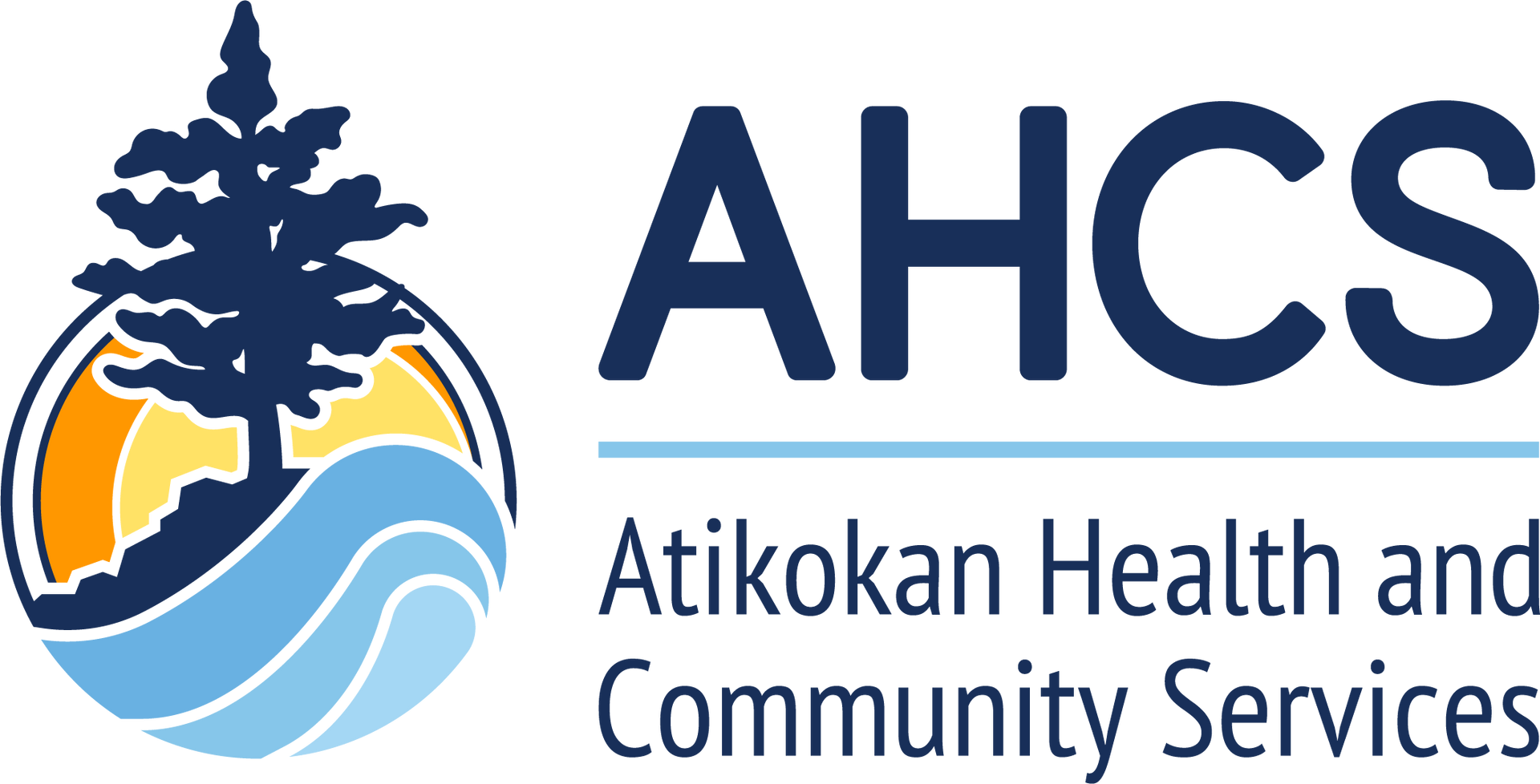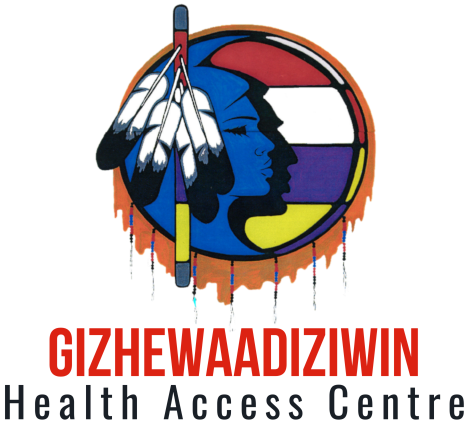Mental Health Awareness:
District Spotlight
Did You Know?
Living with mental health challenges often forces people to hide behind a 'mask' to protect themselves from judgment and discrimination.
The heavier the stigma, the heavier the mask, and the more isolated we feel. Looking beyond the surface to see the whole person opens the door to deeper connections and the mental health benefits that come with it. For Mental Health Awareness Week, we're putting the spotlight on some impactful programs that are helping people 'unmask' across the Rainy River District.
Providing Hope for the Homeless in Our Communities
HOPE Transitional House
Homelessness doesn’t have to be forever. But for someone struggling to find their way toward a permanent roof over their head, the process is just as much about stabilization as it is seeking that spot. The Rainy River District has 86 names on a registry of people experiencing homelessness, but there are many other 'hidden homeless' in the area as well.
The HOPE Transitional House at the HOPE Centre opened on Victoria Avenue in Fort Frances in early 2025 and is helping the homeless with provisional housing and personalized support to help them gain the skills, resources and stability needed to transition to independence and permanent housing.
Individuals can stay for a year while working with a dedicated housing and homelessness navigator in a safe and supportive environment. Currently helping individuals from the registry, the HOPE Transitional House is another option for those who have experienced collaborative supports such as the local warming centre and safe bed programs.
It’s a critical step forward in addressing homelessness in the Rainy River District by compassionately and realistically helping adults regain independence and confidence.
How to Connect
Phone:
1-807-274-5349
Email:
connect@rrdssab.on.ca
Referral:
Interested applicants must
fill out a form
to be considered; there are
monthly fees
involved which are dependent on income.

Teaming up to Bring Crisis Support to Police Calls in First Nations Communities
Mobile Crisis Response Workers
“I’m really grateful for this program and for the employee who listened to my story without judgment. I felt safe speaking with her in my own home and was able to complete a safety plan for the future.”
These impactful words come from a member of a Rainy River District Anishinaabeg community who was struggling with their mental health and experienced the Giishkaandago'Ikwe’s Mobile Crisis Response Workers program first-hand when Treaty #3 Police were called.
Working directly with Treaty #3 Police and jointly attending calls that are specifically related to any suspected mental health crisis situations, the mobile response workers provide immediate support to individuals in need of mental health and addictions attention in First Nations communities in the district’s Southern Treaty #3 area.
They collaborate with police to help with resolution, stabilization, and facilitation of safe transfers between services. They also help individuals in need with the development of a safety plan for the future.
“The mobile crisis response worker that attended my home was so helpful,” the individual said of the experience. “She provided me with a smudge kit, coping resources, crisis numbers and was able to assist me with completing referrals.”
Integrating Culturally Grounded Practices with Evidence-based Therapy
Pathways to Healing Program
A newly developed Gizhewaadiziwin Health Access Centre program, 'Pathways to Healing' is planning to support mental wellness, strengthen cultural identity and reduce stigma around seeking help.
Through access to therapy that incorporates traditional teachings, language, and ceremony, the new program intends to address the urgent and ongoing mental health impacts of colonization, including intergenerational trauma, cultural loss, and systemic inequities.
Conventional mental health services often lack cultural relevance and safety, leaving many Indigenous individuals underserved or retraumatized. This program fills a critical gap in care—promoting not only individual wellbeing, but also cultural continuity, community resilience, and self-determination. The Gizhewaadiziwin Health Access Centre program will serve First Nations, Métis, and Inuit individuals aged 16 and up, inclusive of Two-Spirit and LGBTQ+ individuals. It also seeks to engage Elders, families affected by the legacy of residential schools and the Sixties Scoop, and other individuals experiencing challenges related to substance use, grief, or involvement in the justice or child welfare systems.
Timely Access to Mental Health Counselling
Single-Session Same-Day Therapy
One of the biggest barriers to mental health action is accessibility. Many individuals who may benefit from counselling are unsure where to start, or how to connect with these services when they feel an issue is pressing.
On Tuesdays, members of the Rainy River District communities can call to get a counselling session at no cost through Riverside Health Care's same-day, single-session appointment options for community counselling services. The program is providing flexible and accessible support for those 18 and older. These single-session therapy appointments — which can be virtual or in-person — are available every Tuesday with appointment booking on a first-come, first-served basis by calling to reserve your spot between 8 a.m. and 10 a.m.
Timely access to mental health support is obtainable for those who need to address an urgent issue without the delay of referrals or a lack of available appointment times.
Assisting Seniors and Caregivers in the Face of Dementia and other Mental Health Illnesses
District Mental Health Services for Older Adults Program
We know mental health issues are affecting more and more of our youth, but older adults are often a forgotten group. In the Rainy River District, and across the Northwestern Ontario region, our aging population has a specialized team of professionals dedicated to providing services to seniors to help individuals and their caretakers dealing with serious mental illness.
One powerful message of gratitude sent after life-changing experience with one of the program’s 12 Geriatric Mental Health Workers shows the impact the District Mental Health Services for Older Adults Program can have.
“Truth is that without her help, I would have ended my life. I was lost. So full of hate towards myself and the world. I just wanted to end it either way. I wanted it to stop. The pain, chaos and the anger. I was tired of scaring people, my wife and my dogs. No one deserved my treatment. I couldn't take the nightmares, the outbursts of rage and anger. She taught me a new way to deal with it all. How to break it down, to deal with me. I have a much better life now. Thank you for listening, talking and teaching. Thanks to you I have a far more peaceful life.”
The program helps older adults understand their condition, reduces symptoms through a variety of treatment options, and ultimately improves their quality of life. It also lessens family caregiver burnout by providing them with much-needed support and educational opportunities.
With workers placed in Atikokan, Fort Frances, Dryden, Sioux Lookout, Red Lake and Kenora, the program helped more than 700 seniors over the age of 60 in 2024-25, with an average age of 76. These clients suffer from a range of serious mental illnesses, including clinical depression, anxiety, schizophrenia, bipolar disorder, cognitive impairment or dementia. They primarily live in rural and remote communities, and within equity-deserving populations.
Supports include individual treatments and group sessions to build a sense of community. Structured therapy and counselling, education about the psychotherapy process, system navigation, advocacy, therapeutic group sessions and geriatric psychiatry access ensure individuals and their family members or caretakers have coping strategies and can make informed decisions about their care.
Broader community benefits include training workshops, prevention and awareness initiatives, and education on topics important to seniors.
A Safe Place to Reset and Reconnect
Safe Bed Program
A change of scenery can be life-changing, and maybe even lifesaving. When a community member is experiencing a mental health crisis, and may benefit from emotional, social, mental or spiritual support in a safe environment.
Police or mobile crisis response workers may refer them to the Safe Beds Program — another piece of the Rainy River District’s interconnected mental health support system.
Reconnecting with themselves, their health, their sleep and normal daily patterns with some community supports in place can often help an individual move forward more easily after a traumatic experience. The Canadian Mental Health Association’s Safe Beds program offers a short-term residential setting and access to healthcare providers for up to 30 days for those who can’t remain in their current living situation in a crisis situation. It’s not a treatment facility or a shelter but the safe beds in Fort Frances have 24-hour onsite staffing and give people who are at least 16 the time they need to regroup — as long as they’re willing to participate in the program.
The program offers stability through a routine that includes transportation to appointments, group activities, meals and mental health and addictions support activities as well as downtime for the individuals. Through counselling and reaffirming basic living needs and skills along with ongoing supports, the program can turn crisis into care.
Quick Action for Addiction with a
Long-term Plan for Recovery
Rainy River District RAAM
The Rainy River District RAAM program is one of the most impressive mental health and addictions collaborations in the district. It’s also one of the most important with both short-term and long-term impacts.
The overall goal of the RAAM (Rapid Access Addiction Medicine) model is to stabilize patients in the short term and subsequently link them to community care providers for ongoing monitoring, support, and rehabilitation of their substance use disorder. That means connecting community members struggling with addiction to quick care but also ensuring they are set up for success in the future.
Fast access to medication assisted therapy for alcohol and opioid use disorders provides a healing environment with client centred care that is trauma-informed and free of judgement. The evidence-based addiction medicine includes opioid replacement therapies and alcohol urge reduction medication, but the RAAM is not a medical detox or a long-term addictions treatment facility. What it does, though, is bridge all the benefits of the local providers for immediate treatment in a low-barrier environment.
Access for all who are 16 and over with a substance use disorder without an appointment or formal referral.
In partnership with multiple health organizations across the district, RAAM provides a safe space where patients can get help from physicians, nurses and nurse practitioners, addictions counsellors and peer support workers.
Prescription of addiction medication when required, peer support, harm reduction, brief solution-focused counselling, smoking cessation referral and links to primary care and other appropriate community services when stable are some of the services this vast program offers.
Fort Frances Site: The RAAM Clinic in Fort Frances is a multi-partner collaboration that includes Giishkaandago'Ikwe Health Services, the Gizhewaadiziwin Health Access Centre, the Canadian Mental Health Association Fort Frances branch and Riverside Health Care.
Atikokan Site: Following the closure of the Ontario Addiction Treatment Centre in Atikokan, a new RAAM site will be created through the Atikokan Family Health Team, with Atikokan Health and Community Services preparing to announce the new site location in the near future.
Men’s Mental Health Supports offer Safe Spaces to Feel Comfortable without Criticism or Stigma
Opportunities with Men’s Group, Sweat Lodge and Men’s Drumming ceremonies
The impact may not be measurable and the meetings are confidential, but there is no doubt amongst participants of the Men’s Group - a safe space created by the Canadian Mental Health Association Fort Frances branch (CMHA-FF) for men to talk about their feelings - that there is a positive effect radiating from the gatherings taking place monthly in Fort Frances.
“The hope or goal is that the impact for these group meetings is that participants feel heard, have their feelings normalized and validated, and can be a part of something where men can feel comfortable and vulnerable without fear of criticism or stigma,” says the CMHA-FF ’s Levi Morris, who guides the group. “Knowing that other men can often relate, or that discussing how someone isn’t OK, and that is OK, are all reasons to have a men’s group in every community."
Reasons for joining are different for every participant, whether it’s for personal growth, added commitment or accountability for their goals, or building a stronger support network for themselves.
Each meeting is organic and unplanned with discussions dependent on the people participating and what they choose to share. Individuals take turns talking in the sharing circle without an expectation of specific advice. It’s not structured psychotherapy but it does raise awareness for local health and wellness resources. By sharing insights and successes, the group can increase coping skills and interventions that may help individuals.
Men’s mental health has also become an important conversation with Giishkaandago’Ikwe Health Services, which hosts a number of events throughout the year with the intention of creating safe spaces for men to join. Men’s Drumming and Sweat Lodge Ceremonies are often scheduled multiple times in a month.
Sweat Lodge Ceremonies provide a space for emotional release and stress reduction through heat, promoting feelings of calm and clarity. They can foster a sense of spiritual and emotional well-being and connection through community and sharing. Group drumming offers social connection and can be a powerful outlet for emotional expression. It can reduce stress and anxiety through its meditative, rhythmic focus.
Ultimately, the hope is that all participants in any of these activities realize that men don’t have to suffer or go through life alone.
Suicide Crisis Helpline
Support is available 24 hours a day, 7 days a week.
Call 9-8-8 if you or someone you know is thinking about suicide.


